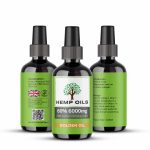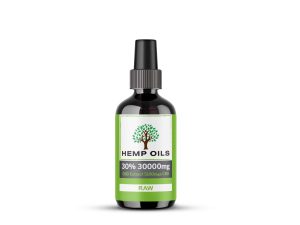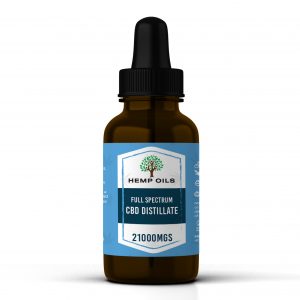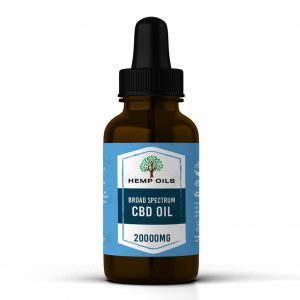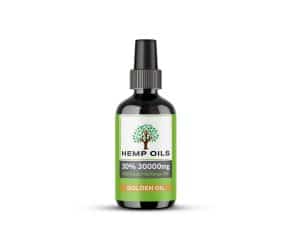===
Hemp seed oil has gained popularity in recent years due to its various health benefits and versatile uses. Extracted from the seeds of the hemp plant, this oil is rich in essential fatty acids, vitamins, and minerals. However, many people are unaware of how hemp seed oil is made. In this article, we will delve into the process of extracting and purifying hemp seed oil, as well as the packaging and storing methods utilized in the industry.
What is Hemp Seed Oil?
Hemp seed oil is derived from the seeds of the hemp plant, scientifically known as Cannabis sativa. Unlike other cannabis products, hemp seed oil does not contain THC, the psychoactive compound that produces a "high" sensation. Instead, it is renowned for its high nutritional value and potential health benefits. Hemp seed oil has a nutty flavor and can be used in various culinary applications, as well as in skincare and haircare products.
The Process of Extracting Hemp Seed Oil
The extraction process of hemp seed oil involves several steps. Firstly, the seeds are cleaned to remove any impurities or debris. Then, they are cold-pressed, meaning they are mechanically pressed without the use of heat or chemicals. The cold-pressing method ensures that the oil retains its nutritional properties and maintains its natural flavor. Once pressed, the resulting oil is typically in a raw and unrefined form.
Purifying and Filtering Hemp Seed Oil
To obtain a clearer and more refined hemp seed oil, purification and filtering techniques are employed. The raw oil is usually subjected to a process called decantation, where any solid impurities or sediments settle at the bottom, allowing the oil to be carefully separated. Filtration is then employed to eliminate any remaining particles or impurities, resulting in a pure and clear oil.
Packaging and Storing Hemp Seed Oil
After the purification process, the hemp seed oil is ready for packaging. It is essential to package the oil in dark glass bottles to protect it from light and prevent oxidation. Exposure to light and air can degrade the oil’s quality and reduce its shelf life. Additionally, manufacturers often add antioxidants, such as vitamin E, to further extend the oil’s stability. Properly stored in a cool and dark place, hemp seed oil can have a shelf life of up to one year.
===
Understanding the process of making hemp seed oil provides valuable insights into its quality and ensures consumers are knowledgeable about the product they are purchasing. From the initial extraction to the final packaging, each step is crucial in maintaining the oil’s nutritional value and preserving its freshness. As hemp seed oil continues to gain popularity, it is important to appreciate the craftsmanship and care that goes into producing this versatile and beneficial oil.
